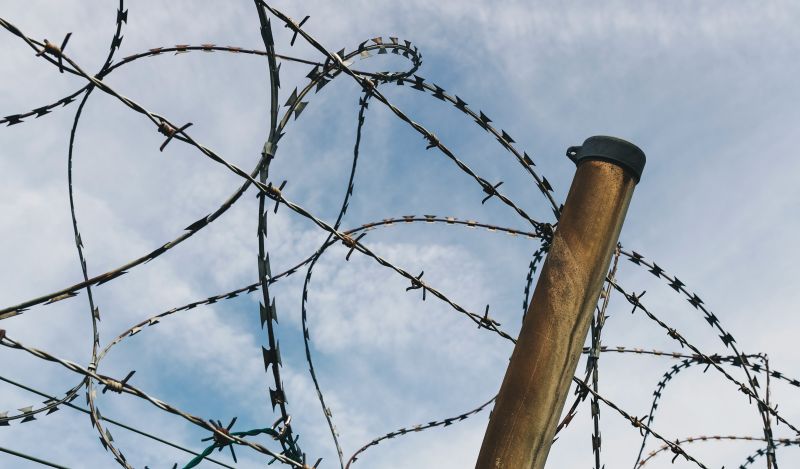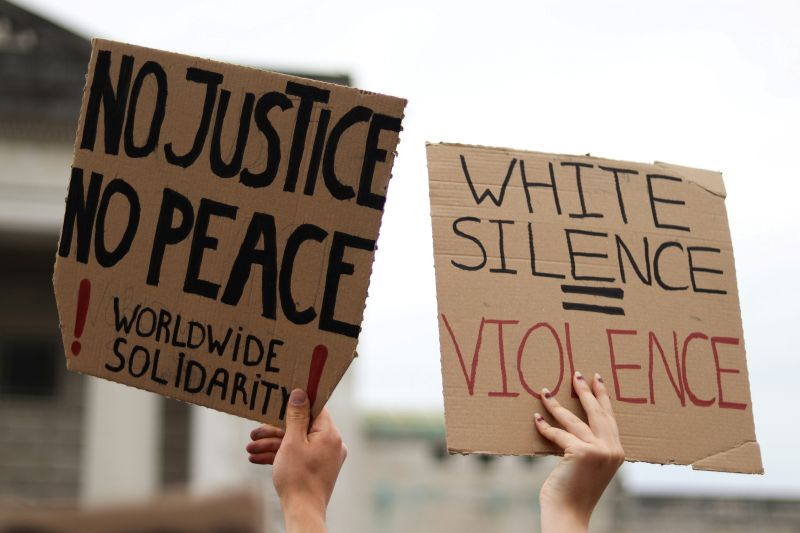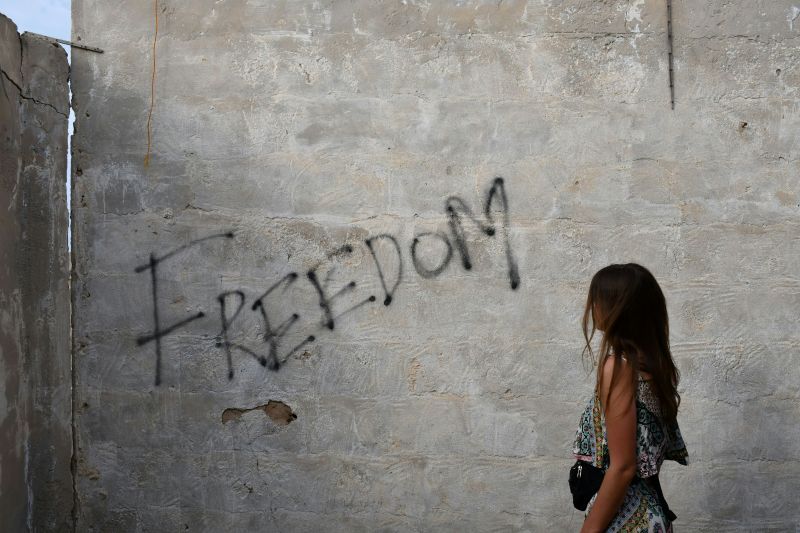The Unfinished Revolution: Why Human Rights Still Matter
Imagine waking up in a world where every decision about your life—where you work, what you believe, who you love—is dictated by faceless authorities. A world where speaking your mind brings punishment, and your worth is measured solely by your ability to conform. For millions, this isn’t just a dystopian narrative; it’s their stark reality.
Human rights are often invisible to those who enjoy them. It is easy to forget how hard-won they are, achieved through centuries of struggle, and assume their permanence. History teaches us that rights are fragile; their erosion begins subtly, often with a law that curtails protests or a crackdown on dissent. Then, one day, the freedoms once taken for granted vanish.

Example: Narges Mohammadi
Consider the story of Narges Mohammadi, an Iranian human rights activist and advocate for women’s rights. Her relentless fight for justice, despite facing arrests, solitary confinement, and torture, serves as a profound reminder that human rights require constant vigilance—they are fought for every day.
Case Study: Hong Kong’s Fight for Democracy
Hong Kong’s descent into authoritarianism exemplifies the urgent threat to human rights. Once a beacon of freedom in Asia, the region’s autonomy has deteriorated. Promised independence under the “one country, two systems” framework, the people have faced increasing oppression from Beijing. When millions marched in 2019 against an extradition bill, they ignited a movement that showcased their unwavering desire for freedom.
These protesters risked everything—some were journalists revealing government abuses, while students jeopardized their futures. The harsh national security law enacted in 2020 marked a pivotal turning point, criminalizing dissent and silencing voices of opposition. Today, entire generations confront the reality of restricted freedoms, while the world watches this betrayal of international commitments.

Why It Matters
Why should this matter? Because human rights lay the groundwork for societies where justice, creativity, and peace can thrive. When they erode, the repercussions ripple far beyond borders. Oppressive regimes emboldened by global indifference set troubling precedents for others to follow. Today it’s Hong Kong; tomorrow, it could threaten any democratic society.
You might be interested to look through Why Ukrainians think Negotiations with Putin are pointless
Freedom of expression is not merely about having a voice—it is about holding the powerful accountable, dismantling oppression, and advocating for a just society. Education goes beyond knowledge; it empowers future change-makers and dismantles systemic inequities.
The Challenges We Face
Yet the fight is daunting. Rising authoritarianism, driven by fear and misinformation, has infiltrated democracies worldwide. Disinformation campaigns exploit social divides, urging people to relinquish freedoms for the illusion of safety. Climate change exacerbates disparities, while the consequences of the COVID-19 pandemic deepen existing inequalities.
These formidable challenges are not insurmountable. They demand resilience and collective courage.
A Call to Action
Hope is not a luxury—it is a necessity. The path forward begins with awareness. Here’s how individuals can contribute:
- Educate yourself on the stories of individuals like Narges Mohammadi.
- Support organizations advocating for human rights.
- Hold governments accountable for their violations; silence equals complicity.
Voices must join the growing chorus demanding justice—whether through voting, writing, protesting, or simply speaking up.
The revolution is not over. Its heartbeat lives on in the courage of whistleblowers, the determination of protesters, and the relentless spirit of those who refuse to be silenced. Human rights are not distant ideals—they embody the promise of a brighter future for everyone. And it is a future worth fighting for.

